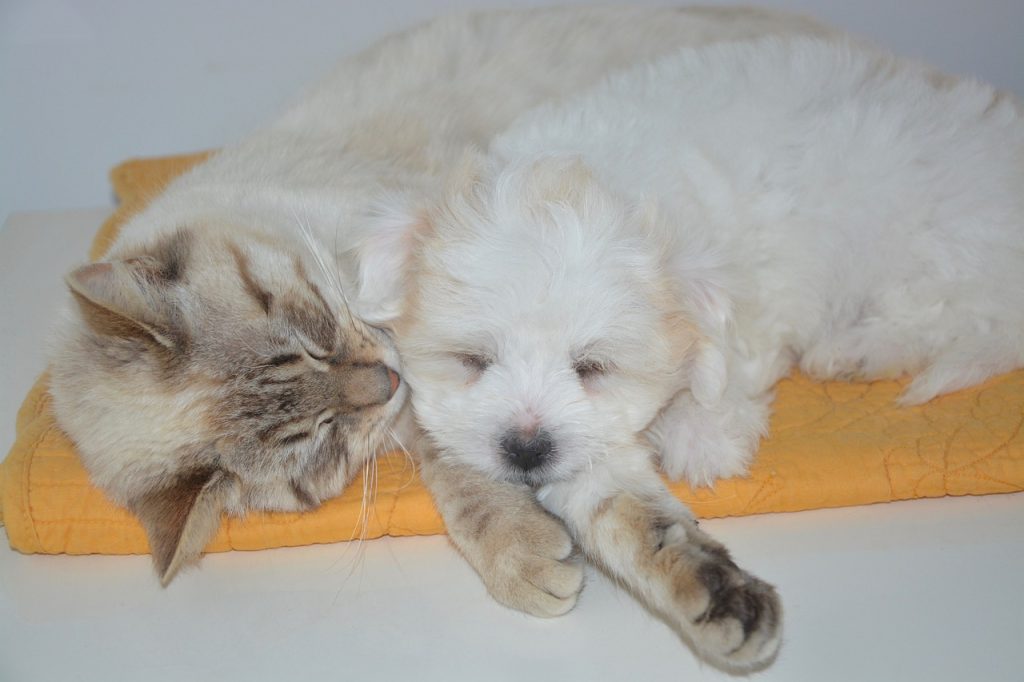Rabies Clinic Scheduled for June 29
 Toccoa-Stephens County Humane Shelter Executive Director Jeff Roberts has announced a public rabies clinic will be held in the community on June 29 from 9 – 11 a.m. at the shelter, 1747 Scenic Drive.
Toccoa-Stephens County Humane Shelter Executive Director Jeff Roberts has announced a public rabies clinic will be held in the community on June 29 from 9 – 11 a.m. at the shelter, 1747 Scenic Drive.
The Clinic will offer 1-year rabies shots for $15; DAPPV shots for $10, Bordetella shots for $10; and HCPCH shots (cat) for $10. Microchipping will also be offered at the clinic for $20.
RABIES
Puppies should be vaccinated against rabies at approximately 14-16 weeks, then again at one year, and re-vaccinated every 1-3 years for life.
Rabies is a viral infection transmitted in the saliva of infected mammals. The virus enters the central nervous system of the host causing an inflammation of the brain that is almost always fatal. The most common carriers of rabies in the United States are raccoons, skunks, coyotes, foxes and bats.
According to Stephens County Environmental Health Director Shad Slocum, maintaining current rabies vaccinations for pets and keeping them away from wild animals is the best way to protect pets, and family members, from the rabies. Vaccinating pets against rabies is also a legal requirement in Georgia.
Slocum said that a current rabies vaccination can save pet owners from possibly having to euthanize and test the animal or quarantine the animal for up to six months in the case of a suspected bite from a rabid animal. All that is required when a pet has a current vaccination is a booster and a 45 day quarantine.
The rabies virus can be transmitted to humans through a bite from an infected animal and is always fatal unless a series of post-exposure shots are given immediately.
Slocum said there are specific signs to watch for in your pet or wild animals that indicate they might have rabies.
The first is, if you see a wild animal that normally comes out at night, such as a raccoon, fox, or skunk, wandering in the daytime, you need to steer clear and call 911 or the County Health Department at (706) 282-4507.
Other signs of rabies include how the animal behaves, said Slocum, adding, “The rabies virus is a neurological disease and affects the brain. It affects motor skills and personality. So, if you see an animal and they can’t walk, like they’re in a drunken stupor, or their legs go out from under them, that’s one indication,” he said.
Other signs include normally friendly pets suddenly becoming very aggressive, wild animals that would normally run from you start to attack instead, and excessive salivating or drooling.
Slocum says if you see a pet or wild animal exhibiting those symptoms you need to call 911 immediately.
DAPPV
The DAPPV shot vaccinates for canine Distemper, Adenovirus, also known as hepitits, Parvovirus and Parainfluenza. Puppies should have an initial vaccine series, then a booster after one year, followed by boosters every three years for the duration of the dog’s life.
Bordatella
The Bordetella vaccine is a noncore vaccine usually given to dogs that are frequently exposed to other dogs in boarding or social settings. Canine facilities, such as dog daycare centers, boarding kennels, shows, dog parks, and training classes often require dogs to have the vaccine. This is because Bordetella bronchiseptica is the most common bacterial agent responsible for kennel cough in dogs. Bordetella shots are recommended every 6-12 months, based on your dog’s exposure risk to kennel cough.
HCPCh (Feline)
The HCPCh vaccine, also known as the upper respiratory vaccine, is a core vaccine for cats that protects against several viruses and bacteria.
For more information, contact the shelter at (706) 282-3275
